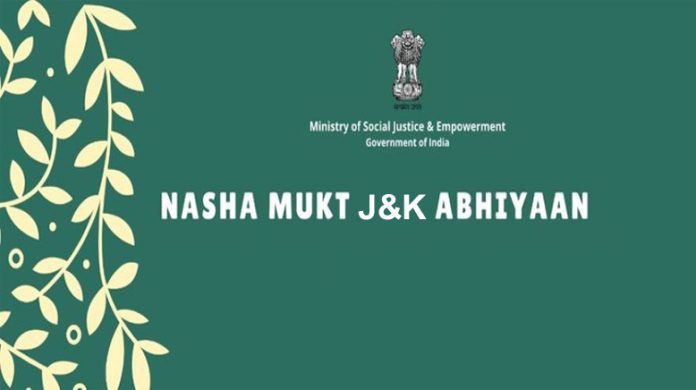The Nasha Mukt Jammu and Kashmir Abhiyan, a vital initiative aimed at eradicating drug abuse, holds the promise of transforming the UT into a healthier and drug-free region. However, more than a year after the notification of the SOP for declaring Panchayats and ULB as Nasha Mukt, a troubling lack of coordination and accountability among the concerned departments has come to light. The SOP, outlined in December 2023, provided clear criteria for declaring an area drug-free, including zero cultivation of illicit crops, absence of drug processing activities, and a clean record of drug-related offences. Moreover, it emphasised inter-departmental coordination among the Police, Social Welfare, Rural Development, Excise, Health, Revenue, and Education Departments. Yet none of these departments can provide concrete information about the number of Panchayats or ULBs certified as Nasha Mukt.
The root cause seems to be the absence of ownership with departments passing the responsibility to one another, with no single entity taking the lead. This lack of clarity, despite the formation of District, Tehsil, and Sub-Divisional Committees for monitoring, highlights systemic inefficiencies. The failure to implement actionable points in the SOP is equally concerning. Monthly Gram Sabha meetings to address drug abuse are not being held consistently. Many districts have yet to identify hotspots and vulnerable populations for targeted interventions. While awareness programs in educational institutions are a positive step, the neglect of similar initiatives at the grassroots level-in Panchayats and ULB wards-is a missed opportunity to foster community engagement. Drug abuse is a complex challenge that demands collective effort. Each department must move beyond a siloed approach and embrace a collaborative mindset. Regular communication, data sharing, and accountability mechanisms must be enforced to ensure seamless coordination. Furthermore, periodic reviews of the Abhiyan’s progress, with transparent reporting, can help identify and address gaps effectively. The success of the Abhiyan hinges on sustained efforts, not sporadic activities. It is important that the administration acts swiftly to align all stakeholders and ensure that the promise of a drug-free J&K becomes a reality.
Trending Now
E-Paper


